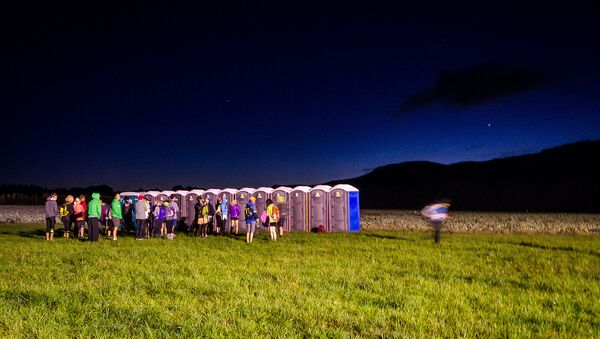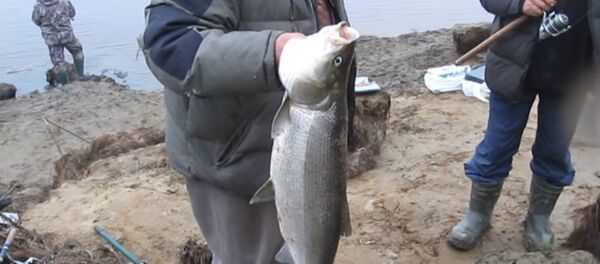The results, presented at a seminar in the city of Tampere within the framework of the Biourea Project, indicated that the barley which had sprayed with urine by the hectare was at least as good as the crop treated with artificial fertilizer. The study also relayed that the usage of urine is perfectly safe hygiene-wise, as the crops yielded a low level of nitrogen and phosphorus.
"The results are preliminary, but very encouraging," project coordinator Karoliina Tuukkanen told Finnish newspaper Maaseudun Tulevaisuus ("Rural Future").
According to Tuukkanen, the project received an unexpectedly warm welcome.
"We thought that the topic would entail a popular stigma, but farmers responded positively to the project. For a farmer, a nutrient is a nutrient," Tuukkanen explained.
Additionally, some of the urine was collected on the campus of the Tampere University of Applied Sciences (TAMK), which is part of the Biourea Project, which aims to produce fertilizer in close nutrient circles. Other contributors to the project include with the Global Dry Toilet Association of Finland (Huussi) and the Finnish Environment Institute (SYKE).
So far the project was met with divided opinions — yet attracted plenty of interest. The main remaining concern is whether drugs detected in the urine were carried over into the harvested grain. Remarkably, preliminary data failed to identify significant levels, which may pave the way for a more widespread use of human discharge.
Summer is a period of traditional open-air festivals in Finland, ranging from rock and heavy metal to visual arts and agriculture. Provided that the project is given the go-ahead, there should be no shortage of input material.




